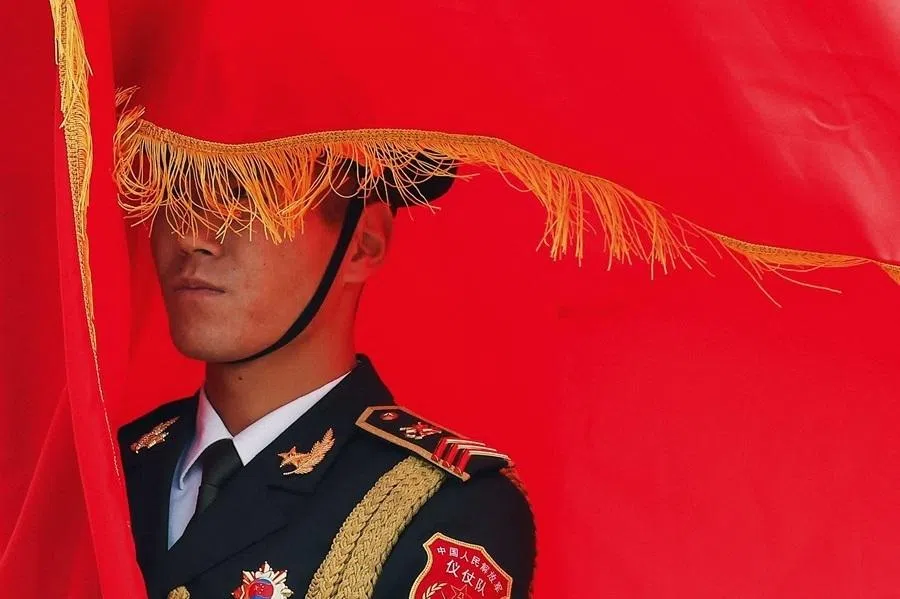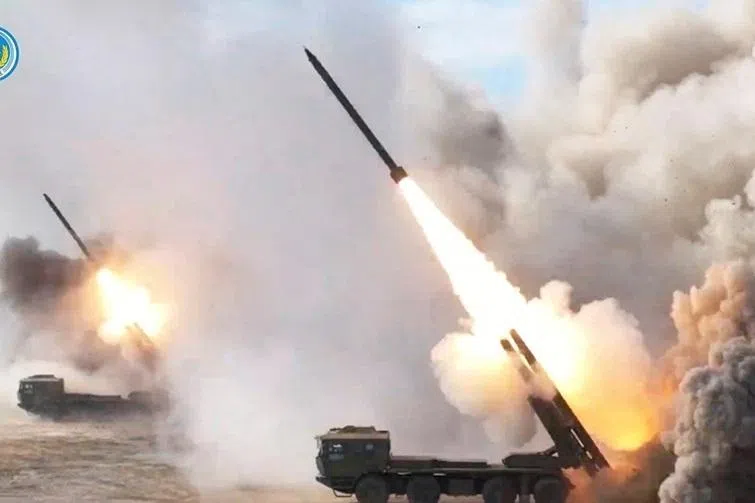China is now 'a moderately affluent society'?
The recent adjustment of China's "Four Comprehensives" at the recent fifth plenary session of the 19th Central Committee of the CCP signals that China has gauged itself to have "achieved a moderately affluent society" and will be reaching for greater goals. Zaobao correspondent Yu Zeyuan reads the signs.
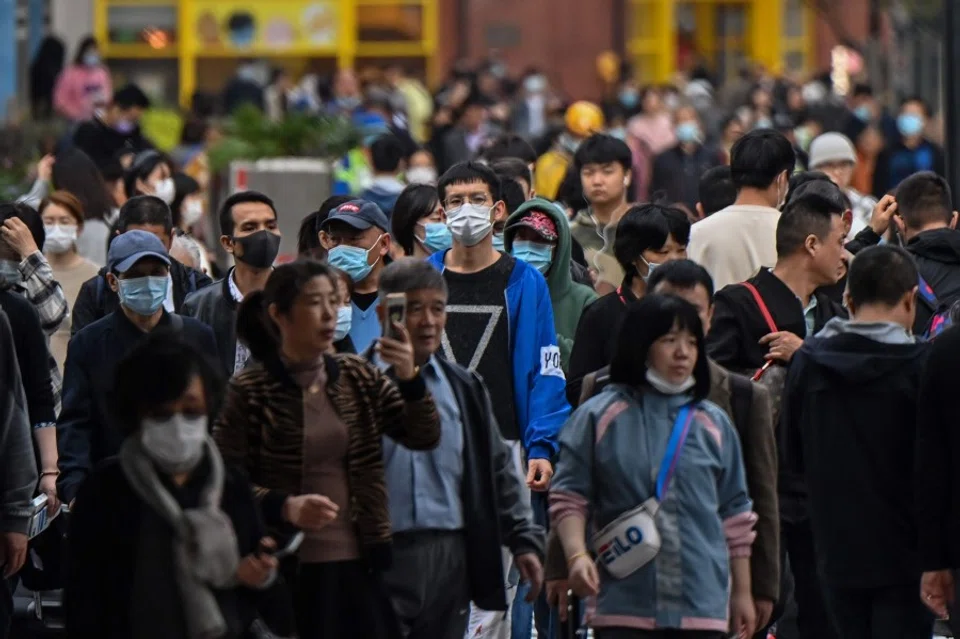
The fifth plenary session of the 19th Central Committee of the Chinese Communist Party (CCP) was held last week, where the "Four Comprehensives" (四个全面) were formally adjusted. The original four aims were to achieve a moderately affluent society (建成小康社会), deepen reform (深化改革), implement the rule of law (依法治国), and strengthen party discipline (从严治党); after revision, the first aim is now to comprehensively build a modern socialist country (建设社会主义现代化国家).
With that, the CCP is signalling that it has completed achieving a moderately affluent society and is now entering a new stage of building a modern socialist country.
Building a moderately affluent society was the objective raised by China's former top leader Deng Xiaoping during the country's initial reform and opening up. In December 1979, at a meeting with Japanese Prime Minister Masayoshi Ōhira, Deng said: "Our idea of the 'four modernisations' is not like your idea of modernisation, but a xiaokang - moderately affluent - family."
In 2000, China's per capita GDP was about US$946 - while almost meeting Deng's US$1,000 target, the authorities did not declare that China had achieved a moderately affluent society...
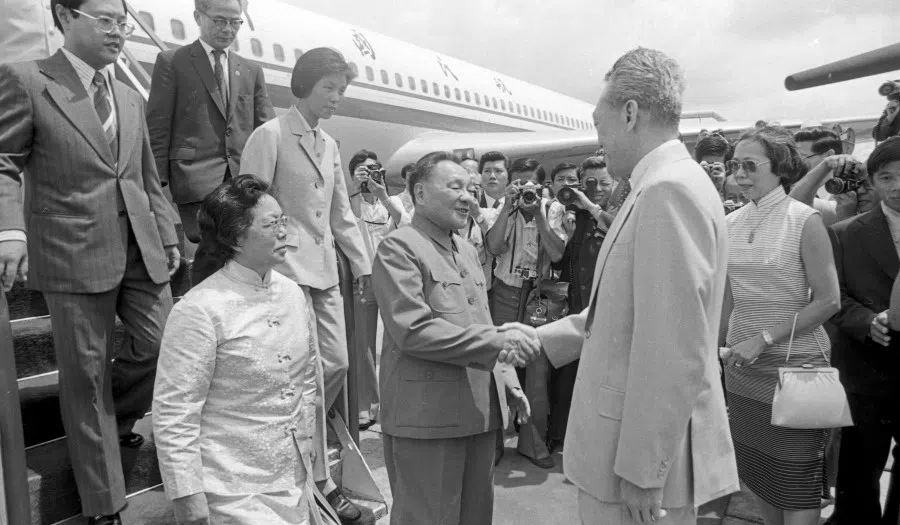
Subsequently, Deng spoke of the moderately affluent society several times. In April 1987, he raised the Three-Step Development Strategy (三步走): the first step was to double China's US$250 per capita GDP in 1980 to hit US$500 by the end of the 1980s, and to ensure people's basic needs were met; the second step was to double the per capita GDP again to US$1,000 by the end of the 20th century on the road to becoming a moderately affluent society; the third step would be to quadruple the per capita GDP within another 30 to 50 years in this century to US$4,000, then achieve the living standards of a medium developed country.
Given China's relatively low productivity then, the moderately affluent and modern society that Deng envisioned was not of too high a standard. In 2000, China's per capita GDP was about US$946 - while almost meeting Deng's US$1,000 target, the authorities did not declare that China had achieved a moderately affluent society, because while China had progressed rapidly, other countries were also progressing, especially developed countries. China still had an enormous gap to close with the developed countries, and it still had hundreds of millions of poor people among its population.
In 2012, the 18th CCP National Congress adjusted this aim of "building" a moderately affluent society to "achieving" such a society by 2020.
In 2002, the 16th CCP National Congress raised the aim of building a moderately affluent society by 2020, signalling that its mission was not yet complete. After joining the World Trade Organisation in 2001, China's economy entered a new stage of rapid growth - its economic volume kept growing, and in 2010 it overtook Japan to become the world's second-largest economy.
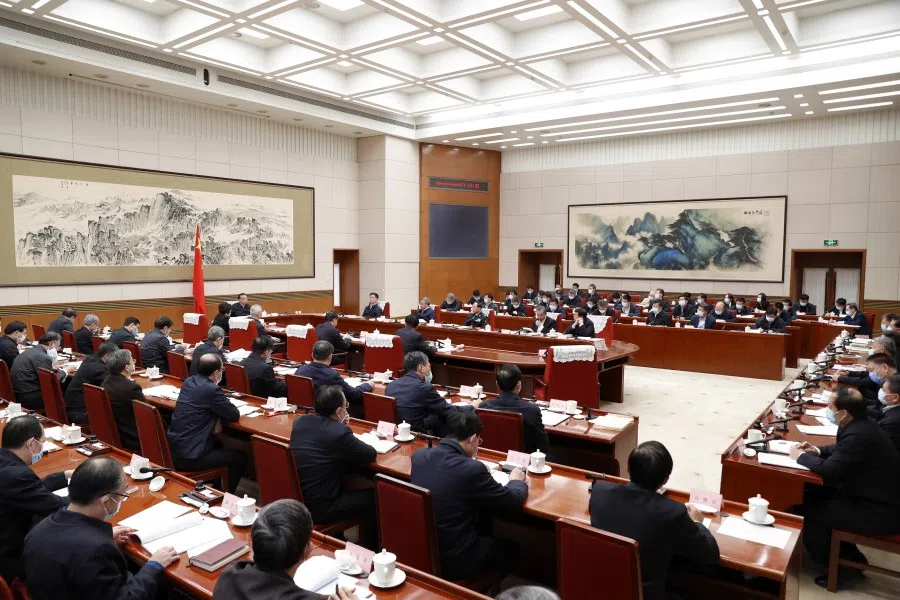
From building to achieving a moderately affluent society
In 2012, the 18th CCP National Congress adjusted this aim of "building" a moderately affluent society to "achieving" such a society by 2020. And in December 2014, CCP general secretary Xi Jinping spoke for the first time of the Four Comprehensives, the first of which was to achieve a moderately affluent society.
The biggest difficulty in achieving a moderately affluent China is lifting the majority of the poor out of poverty. In 2012, there were still 98.99 million people living in absolute poverty in China.
Influenced by a variety of factors, poverty lines are different at different times and different regions. Currently, China's poverty line stands at 4,000 RMB (roughly S$800) per person per year, similar to the one set by the United Nations in 2015 as less than US$1.90 per person per day.
It is expected that China's GDP will exceed 100 trillion RMB in 2020, and that 55.75 million rural residents will be lifted out of poverty.
In 2015, the CCP proposed a five-year plan to alleviate poverty at the fifth Plenary Session of the 18th Central Committee of the CCP. It declared that by 2020, China would attain the goal of "two no worries and three guarantees" in poverty alleviation work: the former refers to not needing to worry about food and clothes, while the latter refers to the guarantees of compulsory education, basic medical treatment, and safe housing. In 2018, the CCP launched a three-year action plan to win the battle against poverty with a focus on poverty alleviation coordination between the eastern and western regions, as well as targeted measures for poverty alleviation work. Over the past seven years, over 10 million people each year have been lifted out of poverty in China.
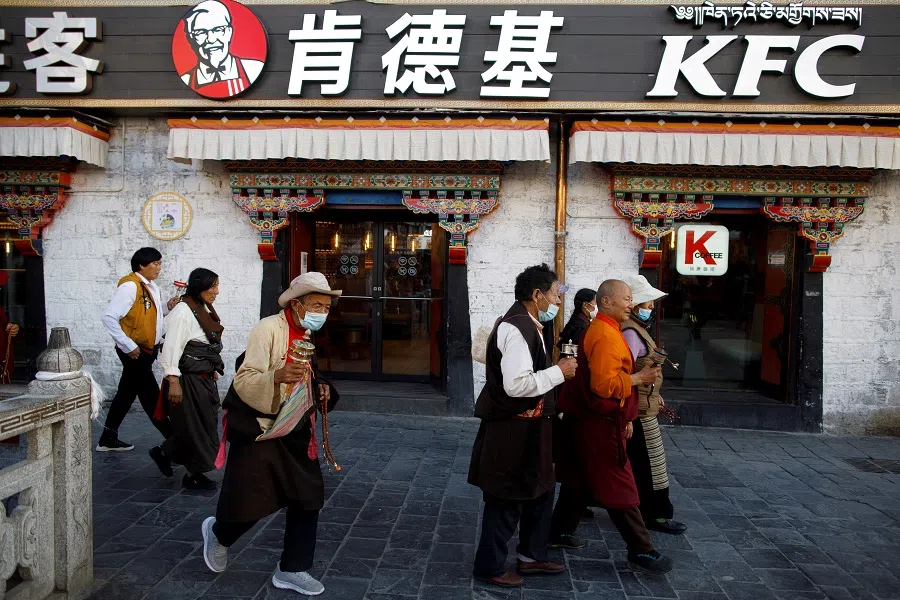
According to the communique of the fifth plenary session of the 19th Central Committee of the CCP, over the past five years, "China saw its economic and technological strength, as well as composite national strength, leap to a new level, with its economy remaining stable overall and economic structure continuing to improve". It is expected that China's GDP will exceed 100 trillion RMB in 2020, and that 55.75 million rural residents will be lifted out of poverty.
While the officials did not reveal how many Chinese residents are still living in poverty at present, it emphasised that China will eliminate poverty based on the current standards by the end of this year, fulfilling the poverty eradication aims stated in the UN's 2030 Agenda for Sustainable Development ten years early.
Covid-19 has not put a spanner in the works
China's GDP growth contracted by 6.8% in the first quarter of the year as a result of the sudden Covid-19 pandemic. Some thus believed that China would have to postpone the attainment of its goal of achieving a moderately affluent society. However, China quickly contained the spread of the coronavirus and took the lead in walking out of the shadow of the pandemic, turning its GDP growth from negative to positive. This gives the CCP the confidence to declare that it has achieved a moderately affluent society in all aspects as scheduled.
Every New Year's Day, China's top leader will deliver a New Year speech. Perhaps the first day of 2021 will be a good opportunity for Xi to announce that the country has achieved a moderately affluent society in all aspects.
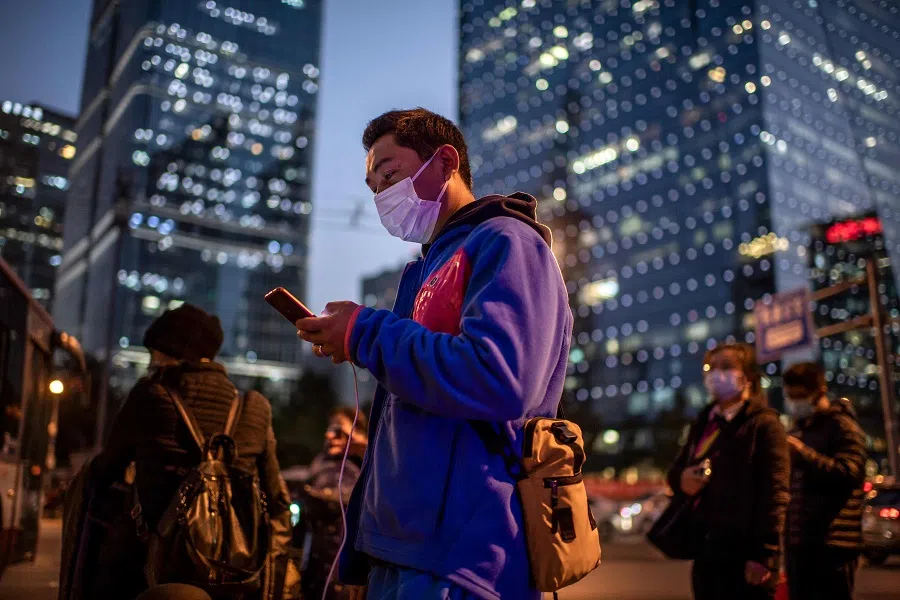
Given the Chinese government's financial capabilities and abilities, even if a minority of the rural population is still not lifted out of poverty this year, the government can still spare no effort in ensuring that its entire rural population lives with "two no worries and three guarantees". That is to say, China already has the conditions to declare that it has achieved a moderately affluent society.
Xi has said numerous times that achieving a moderately affluent society is a solemn promise that the CCP has made to the Chinese people. It is expected that the CCP will soon announce that it has fulfilled this promise.
Every New Year's Day, China's top leader will deliver a New Year speech. Perhaps the first day of 2021 will be a good opportunity for Xi to announce that the country has achieved a moderately affluent society in all aspects.
Related: China's 2020 National People's Congress and challenges ahead | 600 million Chinese earn 1,000 RMB a month - so are the Chinese rich or poor? | Lifting 'the poorest of the poor' out of poverty in Sichuan: Does poverty alleviation mean uprooting people from their homes? | Only 17 people left in poverty | China's Five-Year Plan: A bottom-up model of policy making?



![[Big read] When the Arctic opens, what happens to Singapore?](https://cassette.sphdigital.com.sg/image/thinkchina/da65edebca34645c711c55e83e9877109b3c53847ebb1305573974651df1d13a)
